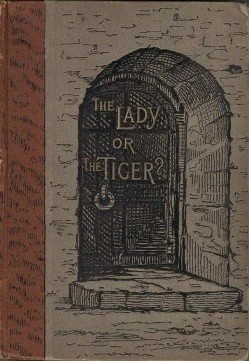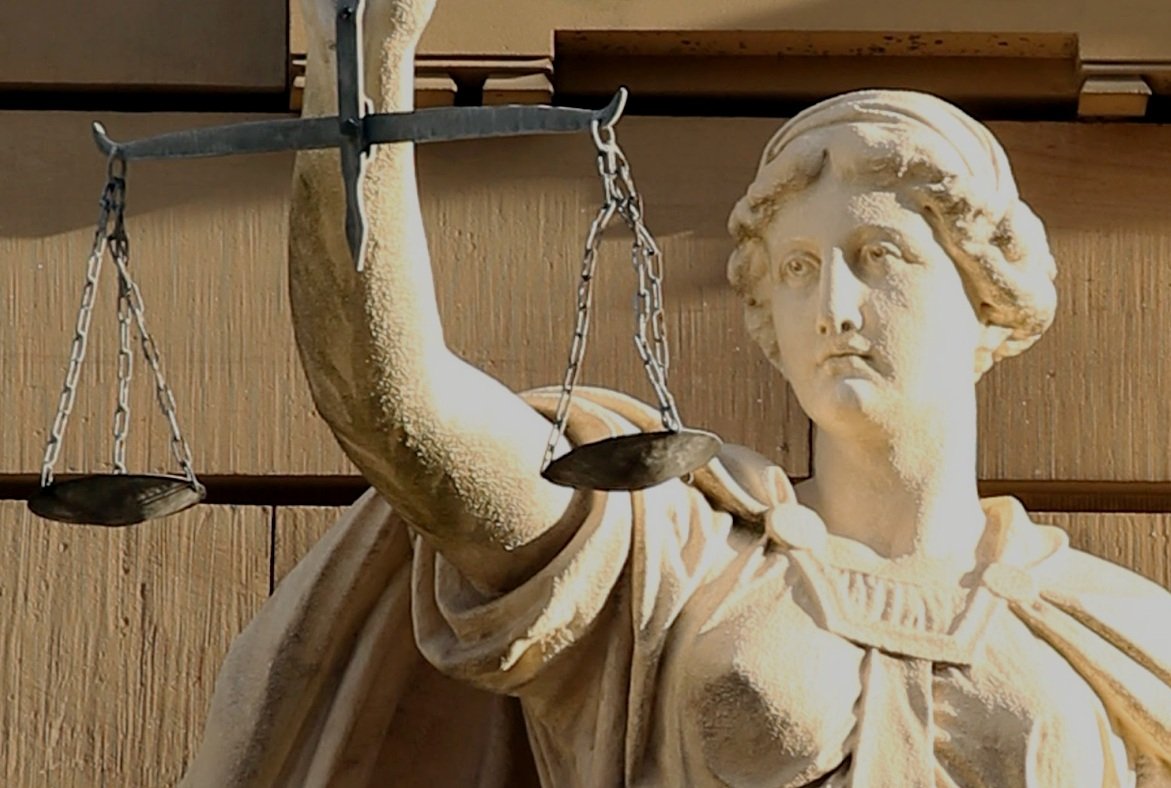The Lady, or the Tiger?
Which came out of the opened door – the lady, or the tiger?
To answer that question, we have to delve deep into our understanding of human nature. How exactly would a princess be thinking in that moment, where her love and compassion for her brave lover is at odds with jealousy and her fear of losing him to another woman? If this is all unfamiliar to you, I recommend you read the short story before returning to this article. The link is at the end of the article.
The philosophical short story has sparked debate for decades due to its unanswerable nature. In this story, the philosophical crux is at the moment when the princess has to make a decision to direct her lover to one of two doors. One door hides a ferocious tiger which would immediately take his life if he chooses that door; the other door hides a fair maiden who would immediately be married to the prince if he chooses that door. In this situation, neither benefits the princess. Either her lover dies and she is heartbroken or her lover is forced into marriage with another woman and the princess is nonetheless heartbroken.
What is most intriguing about the story is that the narrator does not reveal the outcome of the princess’ decision, instead leaving the question to readers. This allows us to ponder what exactly the princess would have done. But perhaps more importantly, it reveals to us more about ourselves and our perceptions of right and wrong. Some may argue that the choice is simple and clear: the princess should spare her lover’s life and allow him to marry the maiden. Afterall, saving a life versus letting him be eaten by a tiger seems to be an easy exercise of utilitarian calculus. However, there is an equally good case for the other choice, which would be to spare the princess lifelong suffering and jealousy by allowing her lover to die. In that way, their love would be forever pure without interference from a third party.
Another key philosophical part of the story is the clash between fate and freewill. The king’s system of trial by chance appears strange at first glance. Afterall, a criminal ought to be tried according to evidence of his crimes and innocent man free due to the lack of evidence. Giving them an opportunity to choose between two doors, each representing punishment and reward, seems rather arbitrary. Hence, this story is also a commentary on the judicial system and how people are tried in court. Certain questions will arise, such as whether the king’s system is fair. Afterall, the person being tried has an equal chance of receiving either punishment or reward. What is interesting about the king’s judicial system is that it ostensibly preserves fairness whilst being an extremely efficient system. Compared to our modern justice systems with rounds of hearings over a lengthy process, the king’s judicial system takes place over a brief moment, when the person being tried makes the decision between two doors. This could perhaps be a commentary on the justice system as a whole, suggesting that in a bid for efficiency, fairness may be forgone. Indeed, an innocent defendant would not want the king’s system which greatly increases his chance of punishment, even more so given that the punishment is death. The king’s judicial system may be efficient, but it leads to a lack of due process as well as a lack of proportionate punishment, a key tenet of the criminal justice system.
At the end of the story, the narrator puts the reader in the position of the princess by doing an analysis of her possible options. As readers who wants to know what happens next in the story, we are similar to the princess because we also similarly make a decision of what we want to happen, only that the anticipation is never satisfied because there is no conclusion! The ambiguity of the ending could act as a commentary on the ambiguous nature of morality, whereby a judge will never know with utmost certainty if the decision he has made is ‘correct’, because there are no universal rules that govern every possible situation. This makes me wonder if perhaps the meaning of the story is derived from the ambiguous and uncertain nature, more than the answer we so seek. In philosophical thought experiments, the same is true. Answers are rarely the point of the thought experiment, and instead it is the process of analysis and consideration of various factors that reveals more about our way of thinking to us. It also provides a good opportunity for those ideas to be tested and debated, allowing us to understand a greater diversity of opinions.
Thus, the next time someone asks you the question, “The Lady, or the Tiger?”, you might want to reply with the question, “Do you want the answer, or do you want to find an answer?”



